
Sign in
Don't have an account with us? Sign up using the form below and get some free bonuses!

Coronavirus is a serious illness that's affecting many people globally. It's newsworthy because it's a so-called "novel coronavirus," meaning it's different from others that international centers for disease control have encountered previously. It presents with symptoms similar to Middle East Respiratory Syndrome (MERS), and understandably, the World Health Organization is taking it seriously. For many, however, it's simply presenting as a mild cold or flu and resolving fairly easily (here are the statistics). As a result, many parents are wondering how much they should be worrying, and how to talk to their children about the outbreak.
Let's start with examining our own understanding of, and reaction to, this new coronavirus. Unfortunately, no one knows how serious this outbreak is likely to become. We can all pray that it disappears before it causes more illnesses or fatalities. It's a good idea to stay abreast of what the World Health Organization is saying

about it to help avoid any misinformation that we might receive from other sources. Rolling updates and information are available here. Note that the name doesn't change with the New Year; it's still known as the 2019 disease.
We also need to know our part in disease control and prevention. This is not "someone else's problem" to fix.
If we feel ill or have a sick child, stay home. Period. Please don't "wait and see" while going about your business as usual. Indeed, a sniffle is still unlikely to be the coronavirus disease. I don't suggest we be alarmist about it; panic is the last thing we need. To the extent that others may be worried about it, however, it's simply courteous to keep our germs to ourselves while we're on higher alert than usual. Update as of 11 March: please practice social distancing to keep yourself and others safe, even if you have no symptoms whatsoever.
Model behavior we want to see. According to this report, only 30% of people wash their hands--and of those 30%, only 50% do it right. Please practice good hygiene consistently and have your children do the same.
Prepare accordingly. Experts recommend people have a few weeks' worth of food, water, and medications on hand. Contrary to popular belief, the main concern isn't shortages; it's simply best to avoid crowds if people in your community have fallen ill. Many common natural remedies and pharmaceutical options may prove helpful. (source)
Some misguided people might be tempted to blame a particular country or ethnicity for its existence and impact on other countries. Children, unfortunately, might hear this. Please assure your children that, just because COVID-19 appears to have originated in China, that does not make Chinese people responsible for it. It could've started anywhere.
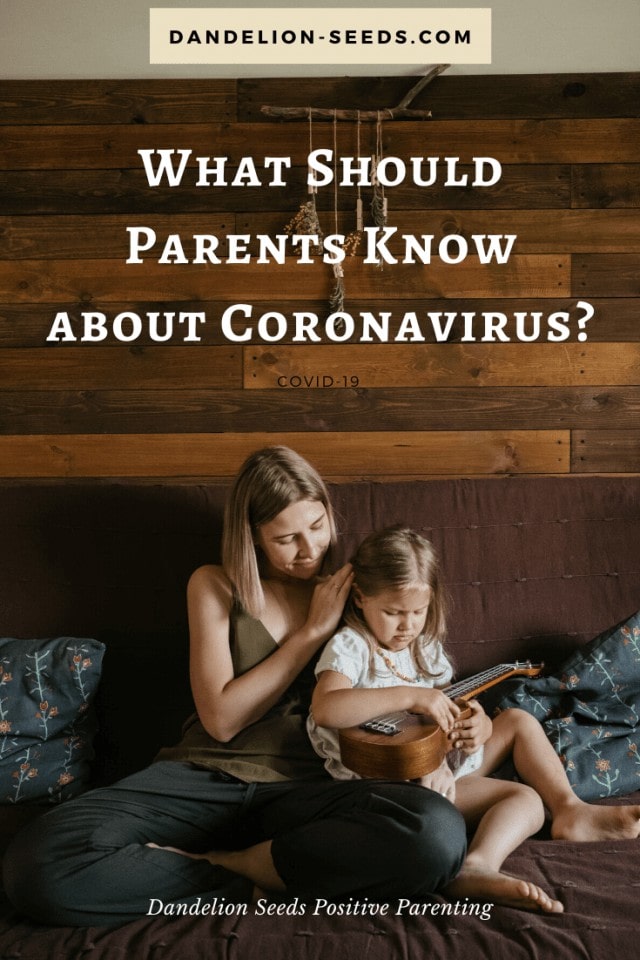
You're the best gauge when it comes to your child's emotional readiness for the details of COVID-19. Older kids will likely be more willing to establish and be diligent about good hygiene if they know more of the details. Please don't "protect" them emotionally by not discussing it; as the saying goes, information is power. Do stress, if they get to this level, that they're very unlikely to die from the disease. Fortunately, to date, most children have fared very well. You might frame it, however, that many of the people who they encounter on a regular

basis might not have an immune system that's as strong as theirs, so by being careful themselves, they're giving others a better shot at avoiding the outbreak.
For younger kids, I do not recommend talking about people dying from it. What I've said to some young people (aged 10 and under) is this:
"There's an especially tricky virus going around and making some people really sick, so we need to make sure to wash our hands extra well and often. I'll take care of you and help keep our family safe.”
And this is the important part: follow up. When they go to the playground, they should bring hand wipes or sanitizer with them. If you join them, make sure they use it. When they get home, they should wash their hands correctly. Here's how. Please show them this video as a guide. It seems simple, but watching it here will help the message sink in. Please supervise their washing as necessary. Further, remind them not to touch their face until after they've washed their hands.
You really don't need to say more than this to young kids. Allow them to ask questions if they have any. Answer them simply and honestly. Refrain from offering too much information; they'll probe if they want to know more. Most simply can't grasp adult-level detail and it has the potential of creating undue anxiety for them. They don't need to feel helpless; they need to know how to wash their hands.
Kids will undoubtedly hear someone at school, or at one of their activities, cough or sneeze. As is human nature,

they might worry about whether it's COVID-19. Please reassure them that it's likely just a plain old cold or allergies. Odds are very strongly in favor of that being all it is. That said, do tell them that they don't need to play with or stand near anyone who's acting like they might be ill. They can move their bodies to another location. If they're concerned, they should talk to their teacher, coach, or another responsible adult. And yes, they should probably go wash their hands again if they've been near that person.
If we present it fearfully, they'll be fearful. If we present it with rational concern, however, it'll drive awareness without causing them to worry. Take care of yourself and your family, and to the extent that you can while being diligent, please continue to enjoy life as usual.
Follow us on Facebook, Pinterest, Instagram, and Mix. Learn more about us here.
We all make mistakes as parents. And while we know that’s true, it feels absolutely awful when we make them—especially when we see the effects linger in the hearts of our little ones after the initial storm has passed. A mistake that causes an emotional hurt, in attachment theory terms, is called a rupture. Ruptures are exactly what they sound like: breaks. In this case, they temporarily damage relationships. Fortunately, they have a counterpart called repair. If repair is completed successfully, the relationship can grow and strengthen despite and even, perhaps, because of the rupture.
Still, when ruptures happen, they can feel confusing to children. Some children will wonder, "My big person is mad. Maybe they won't love me anymore." (Perceived permanence.) Or "My big person isn't acting normal today. Maybe it's because I'm not worthy of their love or attention." (False belief with internalizing.) Of course,
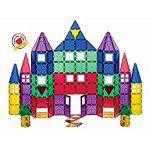
we still love our kids and we know that no experience, regardless who caused the rupture, can make a child unworthy of love.
I'll share an example of how the rupture and repair cycle worked in my own home one day. I’d woken up with a headache. By the time my child and I finally made it to the kitchen (after she'd needed to do 55 different things before we even left her bedroom), I was hungry and had a headache. The night before, I’d promised her homemade pancakes in the morning, so I started feeling anxious to boot. I knew I’d either get hungrier and more anxious before they were ready--or have to disappoint her with a broken promise. I’ll spare you the rest of the details, but suffice it to say that my tone and attitude were not typical for me. I was incredibly grouchy. Think Momzilla. Indeed, not flattering.
In short, I scared her because my demeanor was not what she'd come to expect. Emotional predictability helps children feel safe, and I'd failed to provide that to her that morning. That was the rupture. Although I didn’t yell or do anything that most people would find “scary,” my snippy and critical behavior had the same effect on her. In her words, through her sobs, she told me, “Mommy, you’re just…not being kind.”
My heart sank. I took a moment alone in the other room so I could regroup a bit. When I returned, I apologized sincerely, admitted the specifics of my wrongdoing, and asked if we could please have a do-over when she felt ready for it. I told her how much I love her and how she deserves kindness; it was wrong of me to take out my frustrations on her through my tone and general unkindness. This was the first part of my repair.
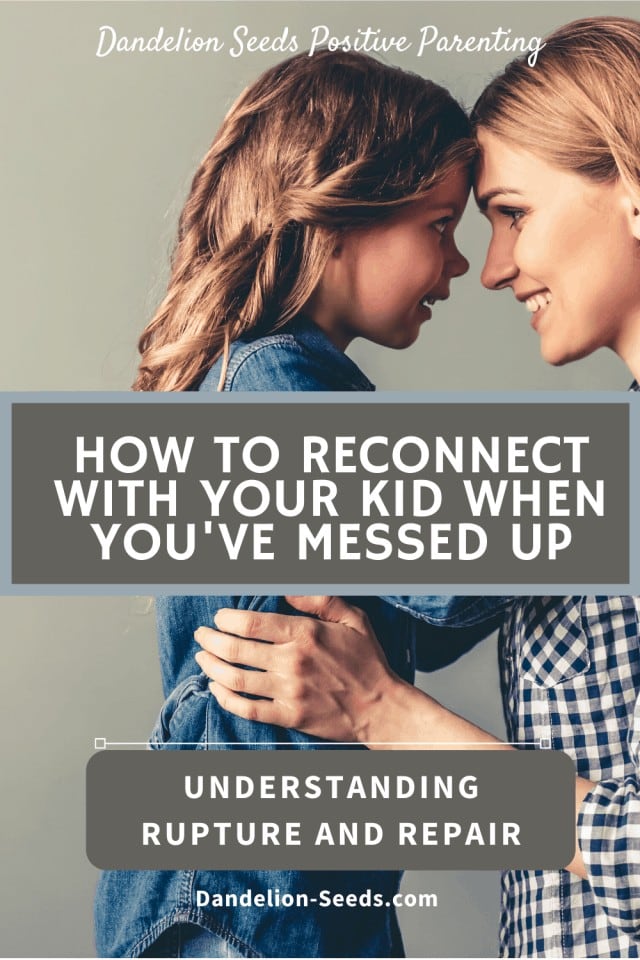
Knowing that, I made a conscious effort to connect with my child more than five times that day. Some days, however, it takes a bit of extra effort beyond the minimum of five positive, counteracting behaviors.
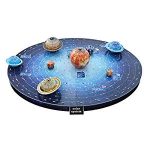
We made it through the rest of the day together. Kind of. We were both a little off. Still, we played in the sun; we read stories on the couch. All our normal activities with a little bit of extra attention and love.
When bedtime finally came, she said what my heart had been holding onto all day: “Mommy, I’m still a bit sad about this morning. My heart isn’t all better yet.”
I realized it might help her to understand what was going on with us; to know her sad feeling was normal for a situation like this one. The repair needed to continue beyond the "standard" acceptable amount because the rupture had felt greater to her than a typical gaffe. At this point, it would be more important for me to listen than to "solve." Talk therapy is powerful and healing even for kids.
With that in mind, I responded to her, “I hear you saying that you’re still upset about what happened earlier. I understand. I love you. Thank you for trusting me with your heart. What else would you like me to know?”
“Nothing, Mama. That’s all.” She'd said her piece. More importantly, she knew that I'd listened and had been open to whatever she might've needed to add.
Knowing she was now emotionally ready to (briefly) listen then, I responded, “I hear you, sweet girl. Thank you. I want you to know that all families and people who love each other sometimes run into emotional speed
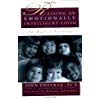
bumps. You know how sometimes when we’re driving, we need to slow down and go over a bump that feels really big, but once we’re over it, we’re just fine? And that we’re still on the same road we were before? That’s what happened to our feelings today. An emotional speed bump. This feels hard, and it is. But we’re strong enough to make it over bumps like this one. We always do. And when we do, we’ll be even stronger together because these emotional speed bumps teach us what works and doesn’t work for our relationship--and for the relationships we have with other people. We know more now than we did before today happened.”
“That makes sense, mama.”
We snuggled. I could finally feel her relax into me. Eventually, she fell asleep.
Days like this are hard. And they’re completely normal in family relationships (as long as it doesn’t happen too often).
The next day, our road continued much more smoothly. We were stronger for our resolution. My takeaway as a parent was to be more conscious of how my feelings manifest and how she'll perceive them. Further, once I made amends, part of my work in our relationship was to forgive myself. We love each other well, bumps and all.
Even in the healthiest of families, relationships aren't always easy. Therefore, it's all the more important that we give our children the tools they need to navigate them well.
Follow us on Facebook, Pinterest, Instagram, and Mix. Learn more about us here.